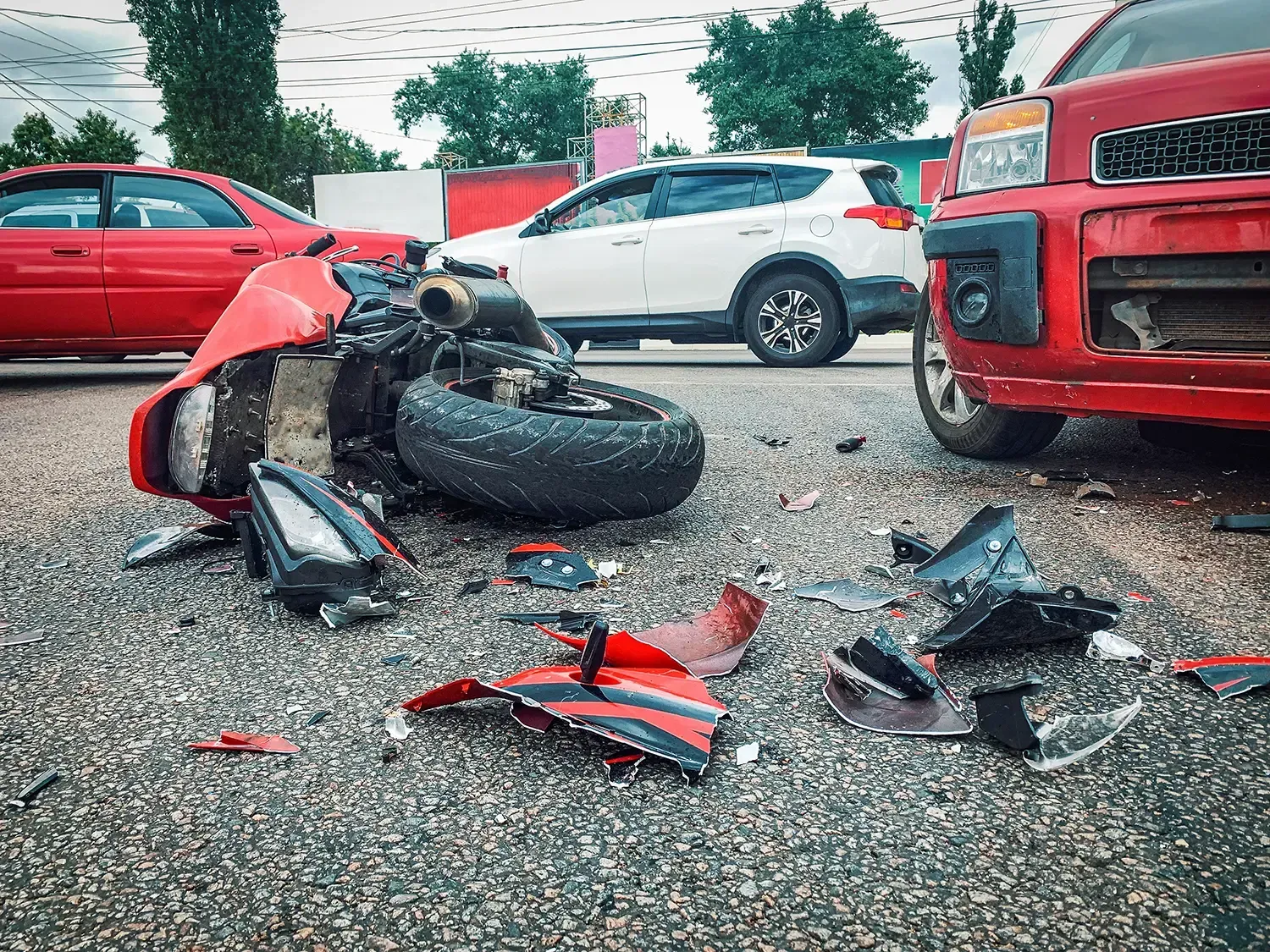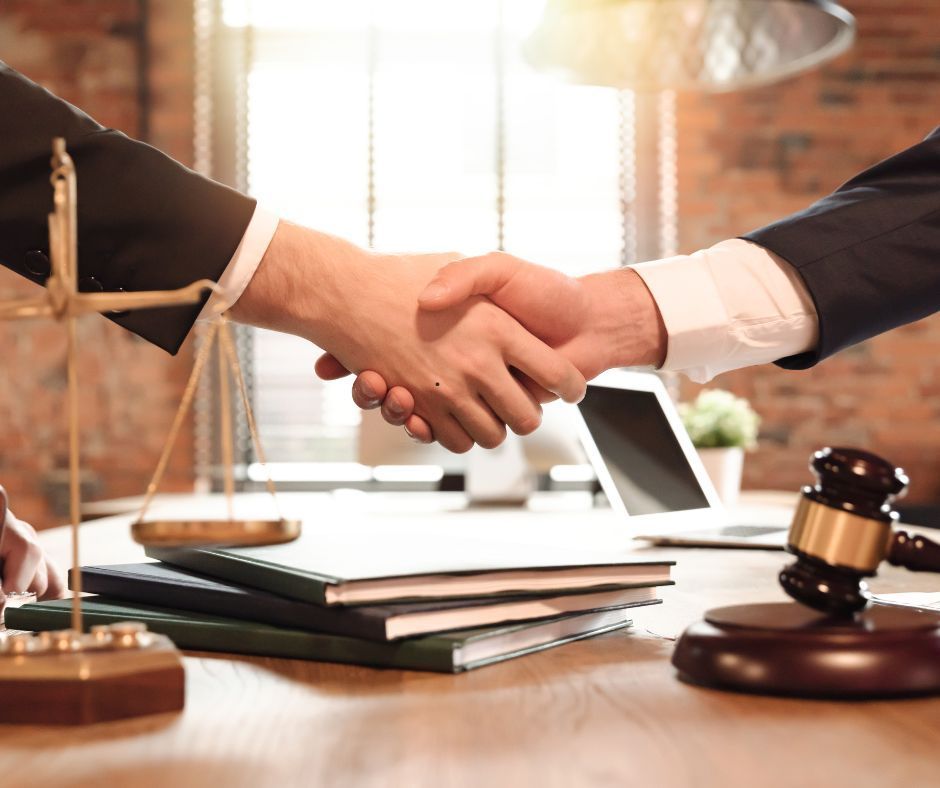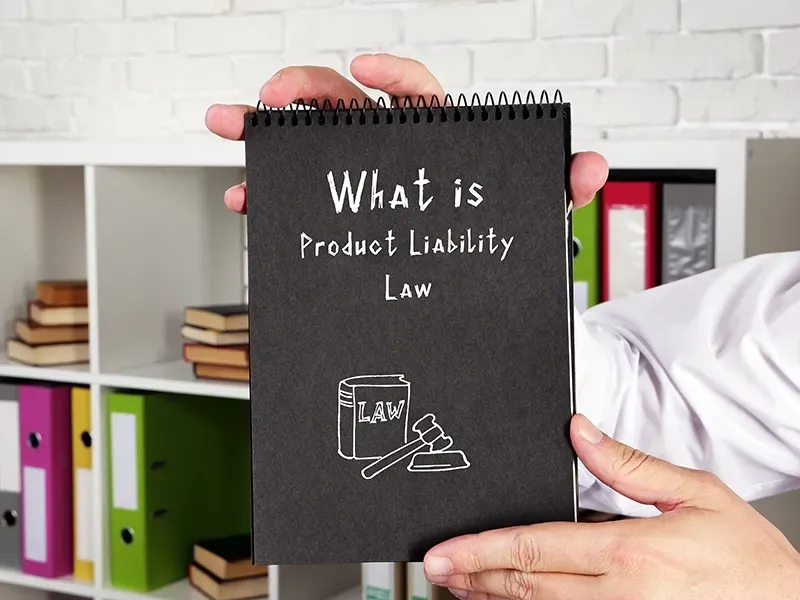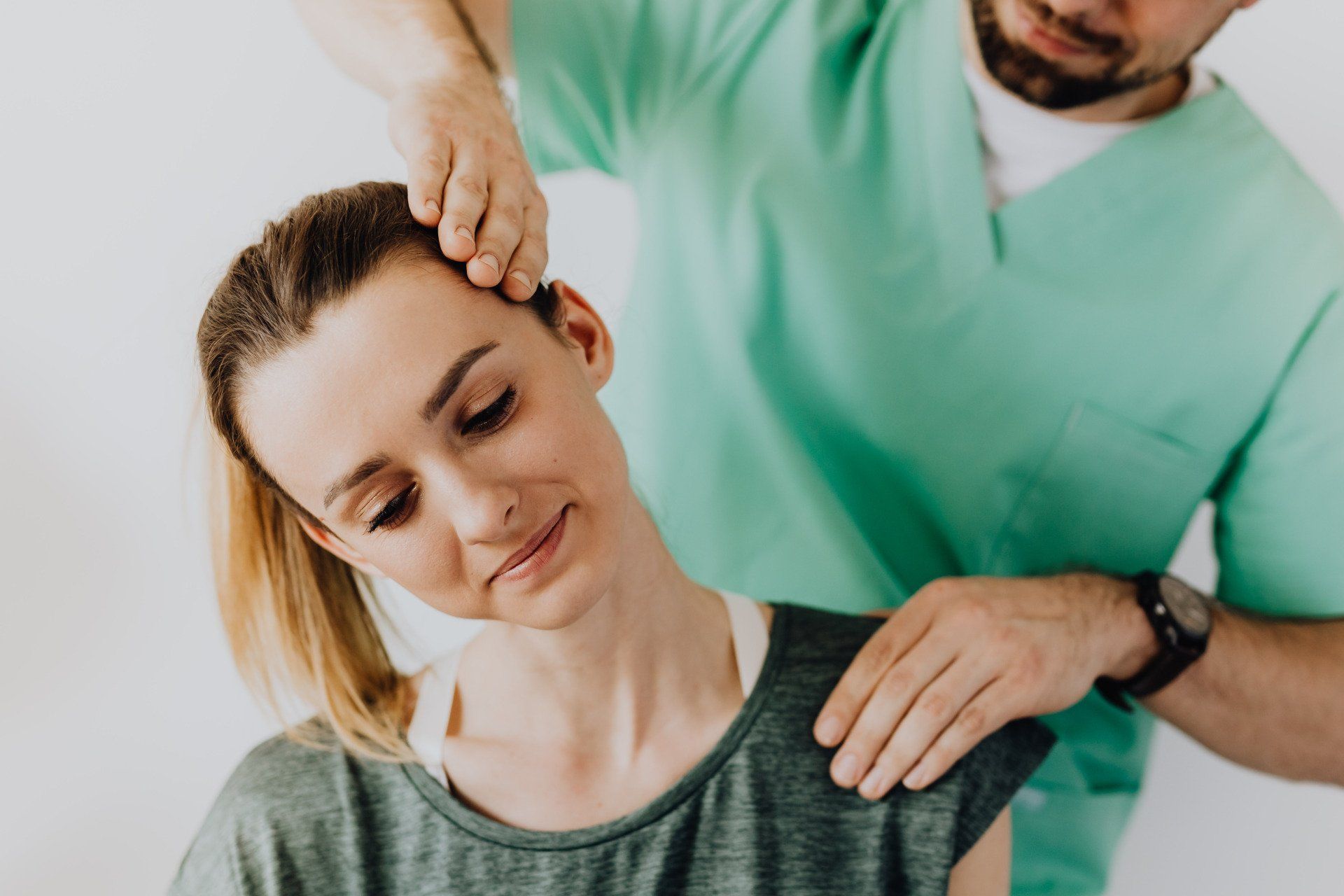5 Important Steps to Take After a Car Accident
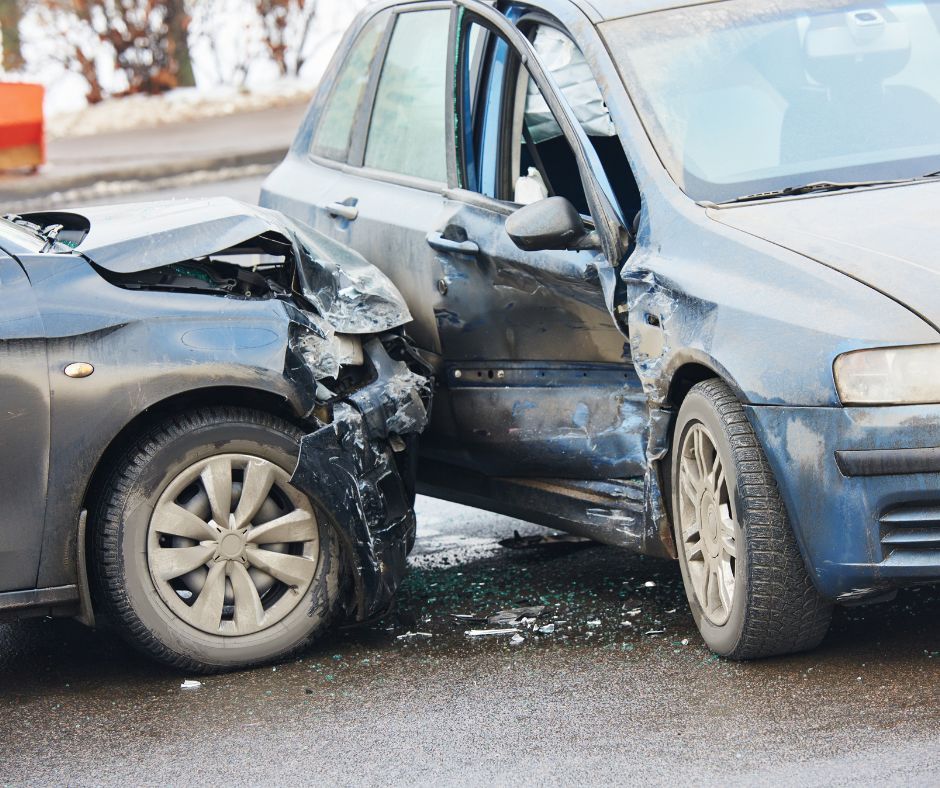
After a
car accident, the decision you make after the crash can seriously influence your recovery and the compensation you receive. Working through the emotional, physical, and legal challenges that come with a car accident can be overwhelming and a lot to handle. Whether you’re dealing with the pain from injuries, increasingly expensive medical bills, or insurance claims, it’s important to take the
right steps and measures to protect your health and your claim.
Table of Contents
Introduction
Step 1: Get Checked by a Doctor, even if You Feel Fine
Step 2: Report the Accident to Your Insurance
Step 3: Gather as Much Evidence as Possible
Step 4: Talk to a Personal Injury Lawyer Before Accepting Any Offers
Step 5: Take Care of Your Physical & Emotional Recovery
Conclusion
Introduction
Dealing with the consequences of a car accident can be difficult, and both emotionally and physically. From taking care of your health and dealing with the pain from injuries, expensive medical bills, or the stress of dealing with insurance claims, knowing the right steps to take can make a huge difference in your life. Having an attorney on your side can help you understand the complexities of your case and ensure you avoid common mistakes.
Here are five important steps to help guide you through the recovery process:
Step 1: Get checked by a doctor, even if you feel fine
After an accident, you might be in shock, and the adrenaline can hide many injury symptoms. What feels like a minor ache today could turn into a serious health problem later. Because of this, it’s critical to see a doctor as soon as possible. A doctor can identify hidden injuries, start treatment immediately, and ensure everything is properly documented, which is the key for filing insurance claims. Don’t ignore any new symptoms that might arise after your visit. Follow up with your doctor and keep detailed records of all treatments you receive.
Step 2: Report the accident to your insurance
To protect your best interests, make sure you speak with a personal injury lawyer before contacting your insurance company. Many personal Injury attorneys, including DBHill Law, offer free consultations so you can receive expert advice at no cost. An attorney can guide you on what to say and what not to say to your insurance company, ensuring that you don’t accidentally jeopardize your claim.
When talking with Insurance company, try to protect yourself:
- Stick to the basic facts: time, date, and location.
- Avoid admitting fault or making any statements about the accident that you are unsure.
- Be aware that Insurance adjusters can use your words against you to minimize or deny your claim. Speak with a personal injury lawyer before giving any recorded statements or agreeing to a settlement.
Step 3: Gather as much evidence as possible
Building a strong case requires you to bring forth solid evidence. If possible, collect the following:
- Driver Information: Gather names, driver’s license numbers, and insurance information from all involved drivers.
- Vehicle Details: Note the make, model, and color of vehicle/s involved in the accident.
- Photos & Videos: Take pictures of vehicle damage and visible injuries. Also, take pictures or videos of road conditions, skid marks, broken glass, car parts, and any debris from the accident scene.
- Witness Information: Get contact information from other drivers or pedestrians or anyone who witnessed the accident. Their statements can strengthen your case.
- Police Report: Request a copy of the official accident report, which can often provide critical details of the accident that you might have overlooked and helps establish fault.
- Surveillance or Dashcam Footage: Check if nearby businesses or your own dashcam captured the accident.
- Keep records of any vehicle repairs, towing services, or rental car expenses.
The more evidence you collect, the stronger your case will be. A lawyer can also help you gather evidence, such as accident reports and medical records, to build a strong foundation for your case.
Step 4: Talk to a personal injury lawyer before giving any recorded statements or accepting any offers
Insurance companies often try to settle quickly, but these early offers rarely cover your full medical bills, lost wages, or other future or unseen damages. Speaking to an experienced personal injury lawyer before accepting any offer is crucial for your claim. An experienced attorney like
DBHill Law can help evaluate your case, negotiate with insurers, and fight for a fair settlement. You’ll also have peace of mind knowing a professional is handling your case, while you focus on recovery.
Step 5: Take care of your physical & emotional recovery
The aftermath of an accident isn’t just about dealing with complicated paperwork and insurance claims; it’s about healing. Prioritize your health above all else. It’s completely normal to feel anxious, overwhelmed, or even experience symptoms of PTSD after a crash. If you’re struggling emotionally, seek support from friends, family, or a therapist. Recovery takes time so patience is key in your healing process. It’s very important to follow your doctor’s recommendations, rest, and allow yourself to heal.
Conclusion
Taking the right steps after a car accident can make a huge difference in your recovery. If you or a loved one has been injured,
DBHill Law is here to guide you with compassion through each step of the process. We’ll handle the legalities, deal with the insurance companies, and fight to ensure you get the compensation you deserve. If you have been injured in a car accident, call us today for a free consultation, and let’s discuss how we can help you recover.
https://law.usnews.com/law-firms/advice/articles/what-to-do-after-a-motor-vehicle-accident-checklist
Share
